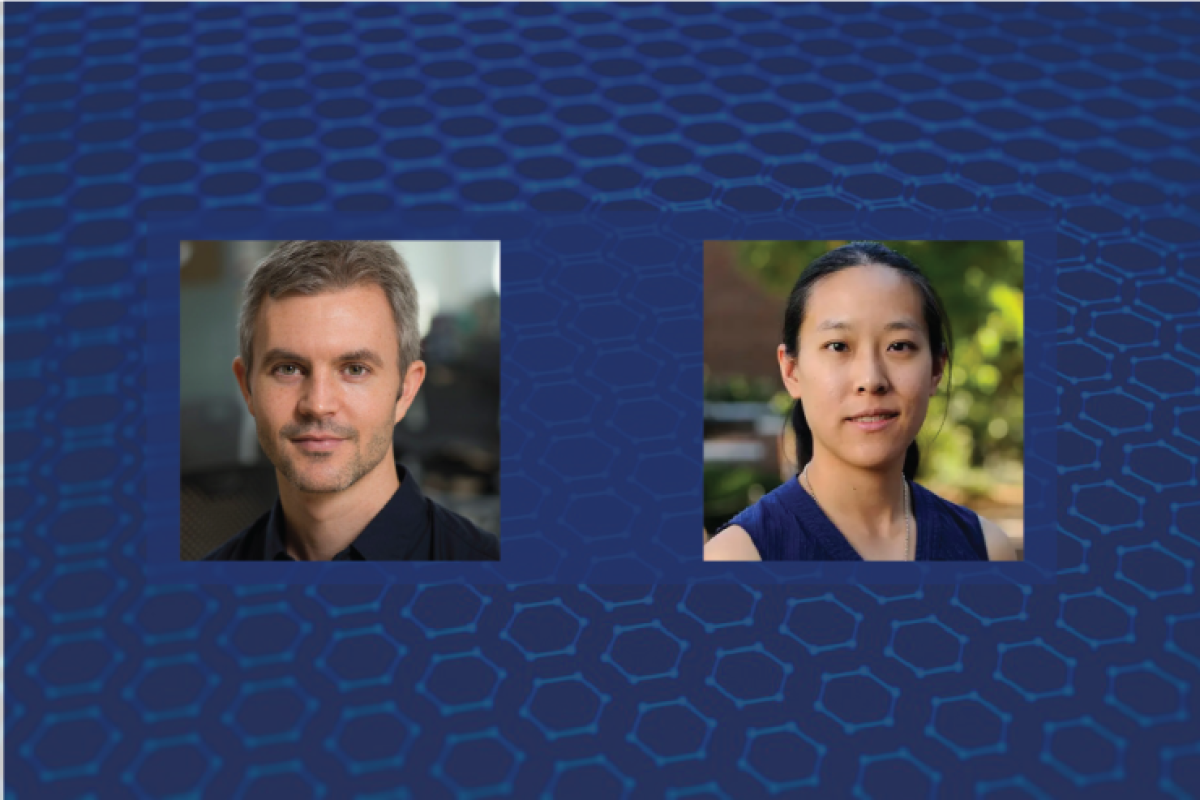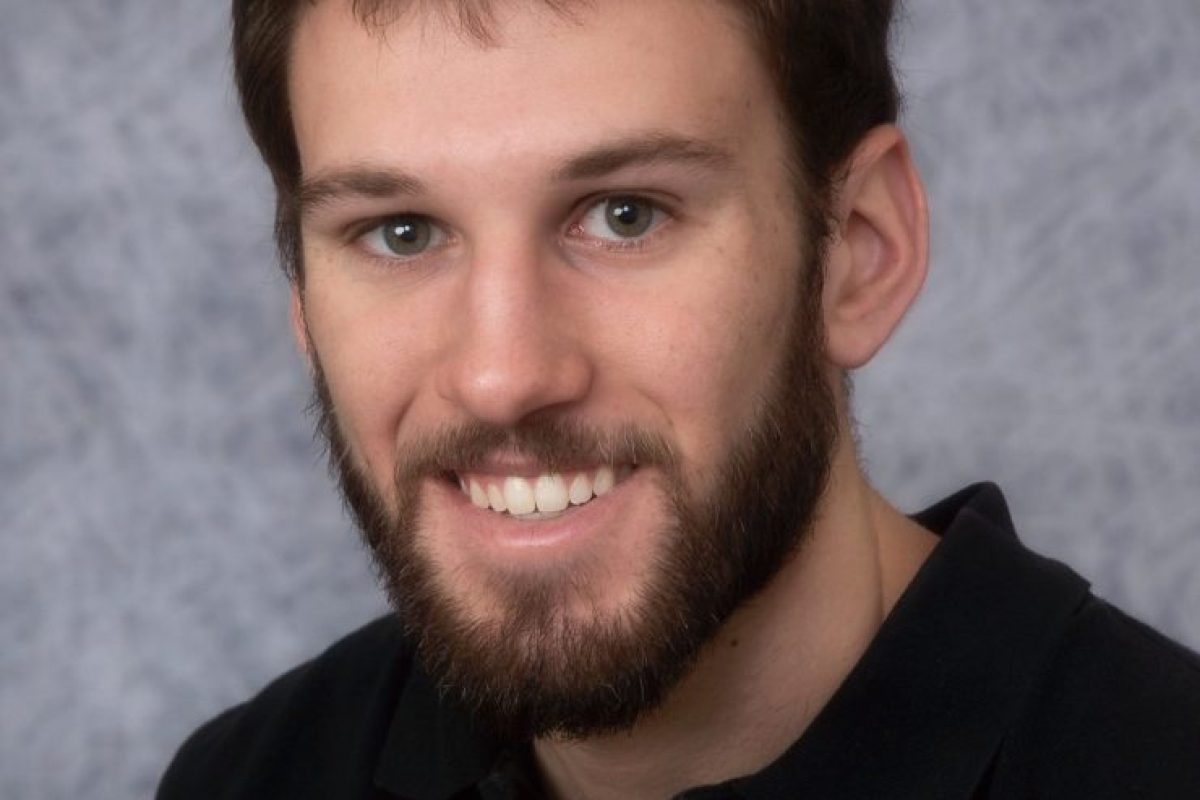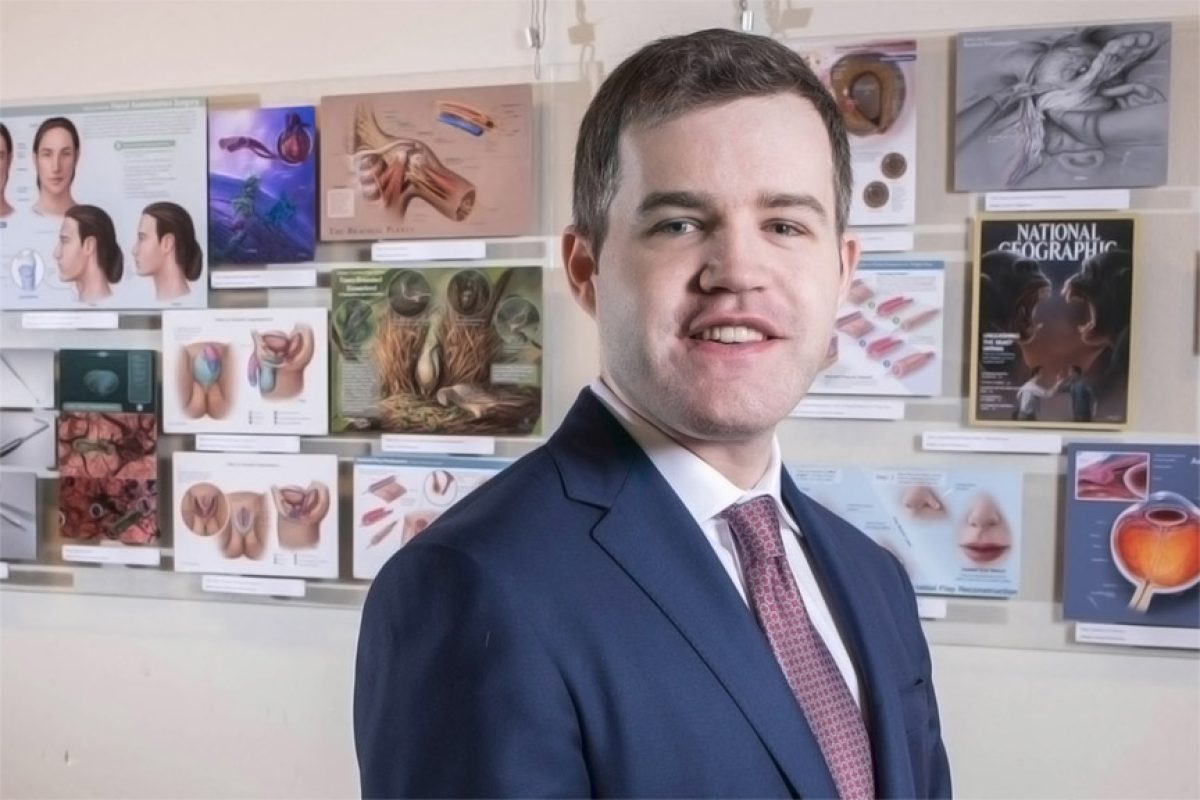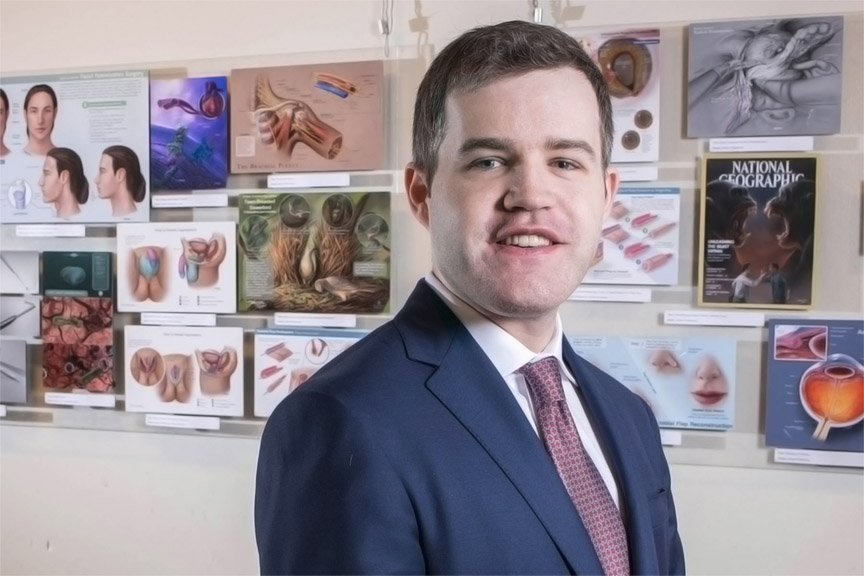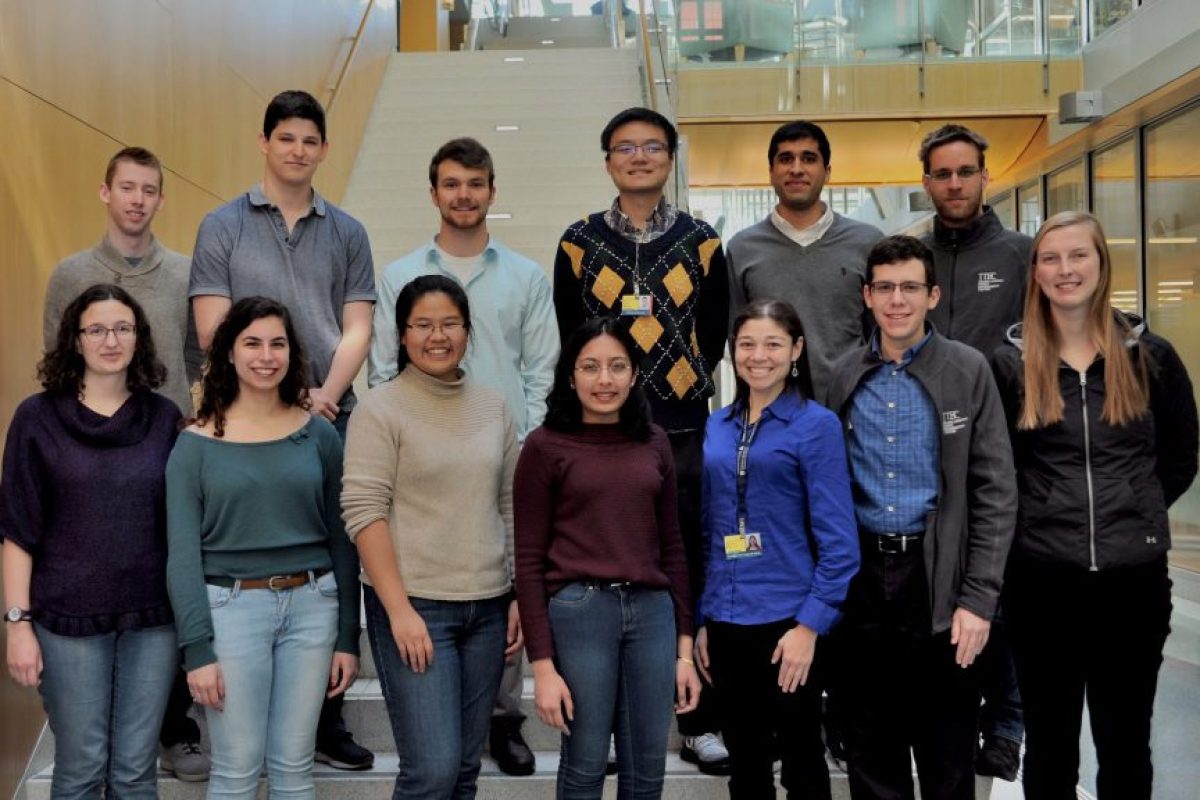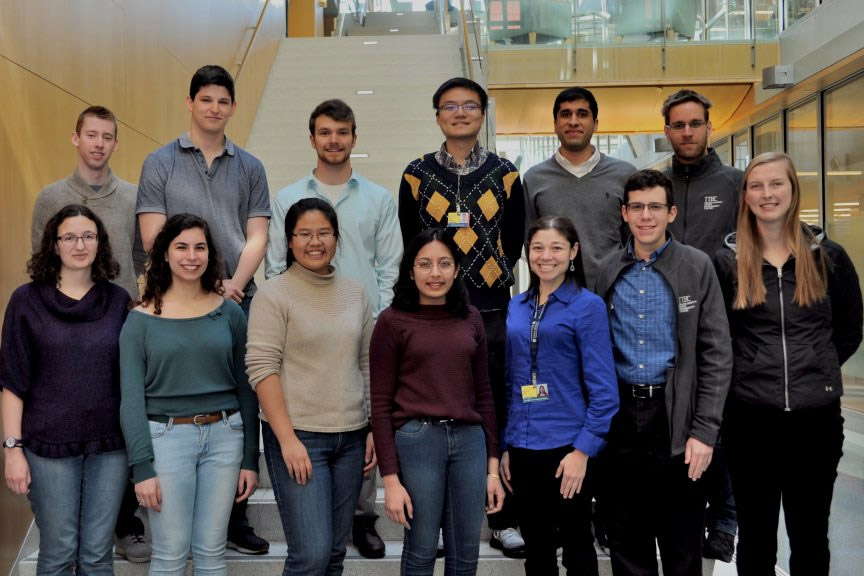Autoimmune diseases such as rheumatoid arthritis and multiple sclerosis happen when the immune system is inadvertently activated, mistakenly attacking the body’s tissues and organs. Though it is known that genetics play a role in the development of these disorders, prevention and treatment approaches also focus on external factors, such as nutrition and environment.
A team of Johns Hopkins engineers believes one answer to prevention and treatment lies inward, at the cellular level. They’ve designed a protein that activates and increases the number of special, regulatory T cells (called Tregs), which assist in preventing such disorders. Their results appear in Cell Reports.
“Tregs are critical for keeping our immune system in balance, and when they get out of whack, people can develop autoimmune diseases,” said Jamie Spangler, assistant professor in the departments of Chemical and Biomolecular Engineering and Biomedical Engineering and member of the research team. “(The study) showed that this molecule helps to prevent autoimmune diseases.”
“TREGS ARE CRITICAL FOR KEEPING OUR IMMUNE SYSTEM IN BALANCE, AND WHEN THEY GET OUT OF WHACK, PEOPLE CAN DEVELOP AUTOIMMUNE DISEASES.”
Jamie Spangler
The molecule, which fuses the interleukin-2 cytokine and the anti-cytokine antibody F5111, promoted Treg activation and expansion and protected non-obese diabetic mice against autoimmune disease development to a statistically significant degree.
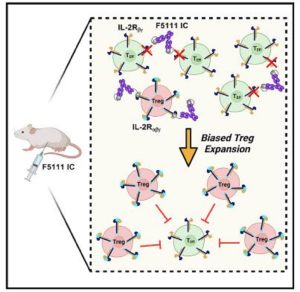
Image courtesy of Cell Reports
“The way in which it does this is by specifically targeting and expanding Tregs, which are used to suppress an immune response,” said the study’s lead author Derek VanDyke, PhD candidate in the Department of Chemical and Biomolecular Engineering. “In the case of autoimmune disease, your own immune system is essentially attacking itself, so these Tregs are used to suppress that attack.”
The authors say that because symptoms of autoimmune diseases are a result of the body’s defense system malfunctioning, suppressing this reaction could help in preventing the disease from manifesting. Since early detection and prevention is not always possible, however, future work will explore the possibility of using this approach to reverse active disease.
The research team included Johns Hopkins University School of Medicine’s Luke Tomasovic, Drew Pardoll, and Giorgio Raimondi and collaborators at the University of California, San Francisco; the Academy of Sciences of the Czech Republic; the University of Oxford; the University of Pennsylvania; and the University of California, Los Angeles.
Funding was provided by the National Institutes of Health; the Department of Defense; the Juvenile Diabetes Research Foundation; the Czech Science Foundation; the Institute of Biotechnology of the Czech Academy of Sciences; the EU Horizon project; ReSHAPE; and the Mark Foundation for Cancer Research.


